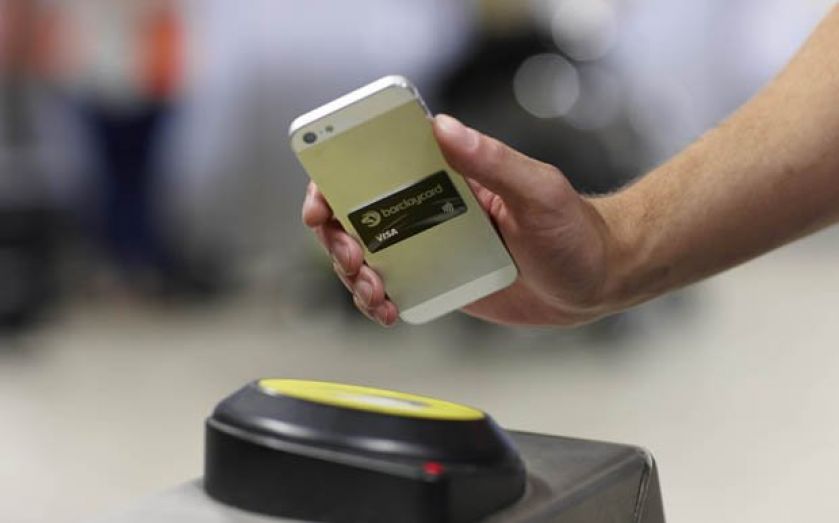Contactless Tube payment: Just the latest advance in the UK banking revolution

You could be forgiven for thinking that London’s trams might be an unlikely place to find cutting edge technology. But from today, this iconic and characterful mode of public transport – along with our more conventional Tube stations and buses – are offering technology that allows you to pay your way with just a flash of your bank card.
Many of us have been using Oyster as an alternative to paper tickets since its launch 11 years ago. From this morning, those of us with cards equipped with contactless technology can effectively transform our debit and credit cards into Oysters. This will allow us to save time previously spent queuing to top-up, and we’ll enjoy the added convenience of having one less card to carry… and lose.
This is just the latest chapter of the astonishing evolution in how we spend, move and manage our money. This is innovation that isn’t just good for us as consumers – it’s fantastically exciting for our country’s economic prospects too.
Take mobile banking, for example. Last week the Financial Conduct Authority published findings of its thematic review into the way millions of us are now using mobile phones, iPads and other tablet computers to bank whenever and wherever we please.
It’s not just convenience that consumers like. The FCA study included Deutsche Bank figures that showed that customers using mobile banking interact 20 times more with their bank than customers who use branches alone. “These services offer consumers a convenient way to bank flexibly, save time and even money by enabling them to better manage their finances,” the regulator said.
The FCA review also illustrates the opportunities for our economy, citing a financial service company that is planning £1bn of investment in mobile and digital developments over the next three years.
Much of that money could and should be spent here in Britain. Silicon Roundabout, that buzzy hub of tech startups in East London, is one of many British clusters teeming with people ready to build apps and other new systems for the world’s bank customers.
Earlier this year a report the BBA published jointly with EY highlighted figures which suggest that the UK would need an extra 750,000 digitally-skilled workers over the next three years if it is to capitalise on a £12bn economic opportunity presented by the digital sector.
These opportunities are all around us. Paym, a new system that allows users to make payments to their personal contacts in their mobile phones, launched in April. Technology that allows you to take a picture of a cheque on your mobile and then send it to your bank to process is already being piloted. Last week, the tech giant Apple announced plans to launch its own payments service.
Where does this all lead? Perhaps we’ll all just have one card to make all payments before long. Or maybe the mobile phone will replace the purse and wallet entirely, when all one needs to ride on public transport is a tap of the handset?
I wonder what those Victorians who jumped aboard London’s first trams 154 years ago would have made of it all.